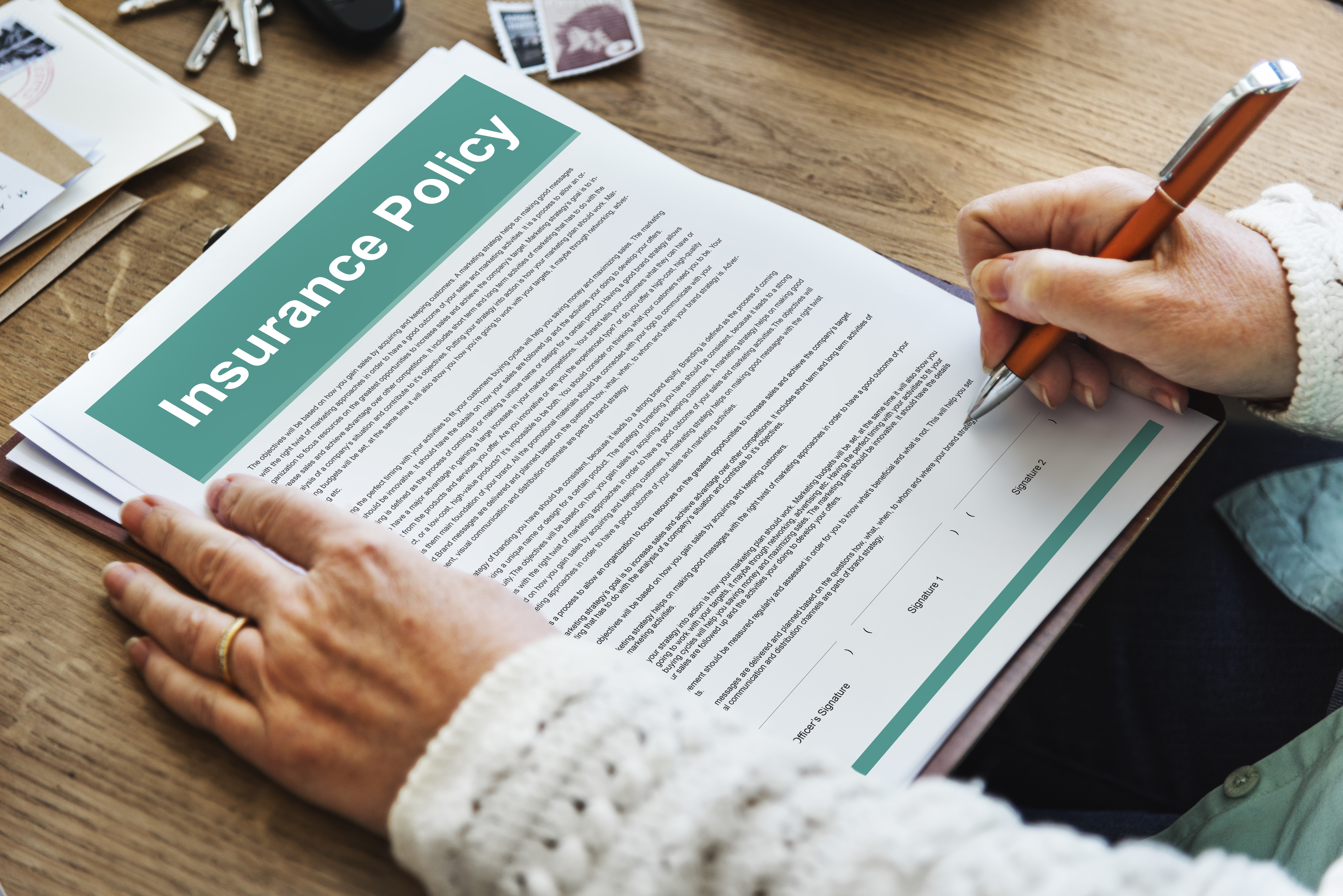Home Insurance and Hurricane Damage
Standard Coverage for Hurricane Damage
Most standard homeowners insurance policies cover certain types of hurricane damage, but coverage varies significantly depending on the specific cause of damage. Wind damage from hurricanes is typically covered under the "windstorm" or "wind and hail" portion of your policy. This includes damage from flying debris, fallen trees, roof damage from high winds, and structural damage caused by wind pressure.
However, many coastal areas require separate windstorm policies or have special hurricane deductibles that can range from 1-10% of your home's insured value rather than the standard fixed-dollar deductible. These percentage-based deductibles can result in substantially higher out-of-pocket costs during hurricane claims.
Major Coverage Exclusions
Flood damage represents the most significant exclusion in standard homeowners policies. This includes storm surges, rising water, and any water damage that originates from the ground level or below. Since flooding is often the most destructive aspect of hurricanes, this exclusion leaves many homeowners severely underinsured without separate flood coverage through NFIP or private flood insurance.
Earth movement from hurricanes, including mudslides and sinkholes caused by excessive rain or storm surge, is typically excluded. Some policies also exclude damage from ice, snow, or freezing conditions that might accompany unusual hurricane events.
Regional Variations and Special Requirements
Coastal states often have specific hurricane insurance requirements and limitations. Florida, Texas, Louisiana, and other hurricane-prone states may require separate windstorm coverage through state-sponsored insurance programs like Citizens Property Insurance or Texas Windstorm Insurance Association (TWIA).
Some insurers in high-risk areas exclude hurricane coverage entirely or require substantial waiting periods before coverage becomes effective. Many coastal policies include "named storm" deductibles that apply specifically to hurricanes and other major weather events, often requiring higher deductibles than standard claims.
Additional Coverage Considerations
Consider purchasing extended replacement cost coverage to account for increased construction costs after widespread hurricane damage. Ordinance and law coverage helps pay for required building code upgrades during reconstruction, which standard policies often don't cover.
Loss of use coverage becomes crucial during hurricanes, as displacement periods can extend for months. This coverage pays for temporary housing, meals, and other living expenses while your home undergoes repairs.
Preparation and Prevention
Review your policy annually and understand your specific hurricane coverage limits and deductibles. Consider flood insurance well before hurricane season, as NFIP policies typically have 30-day waiting periods. Document your property with pictures and videos before storm season, and maintain detailed inventories of personal property to expedite claims processing.
Work with your insurance agent to ensure adequate coverage limits that reflect current construction costs in your area, as post-hurricane rebuilding often costs significantly more than normal construction due to increased demand and material shortages.





